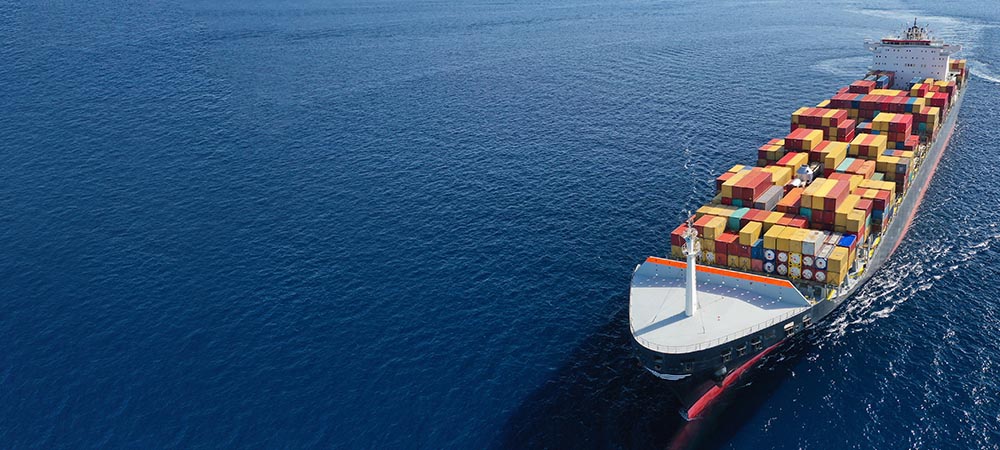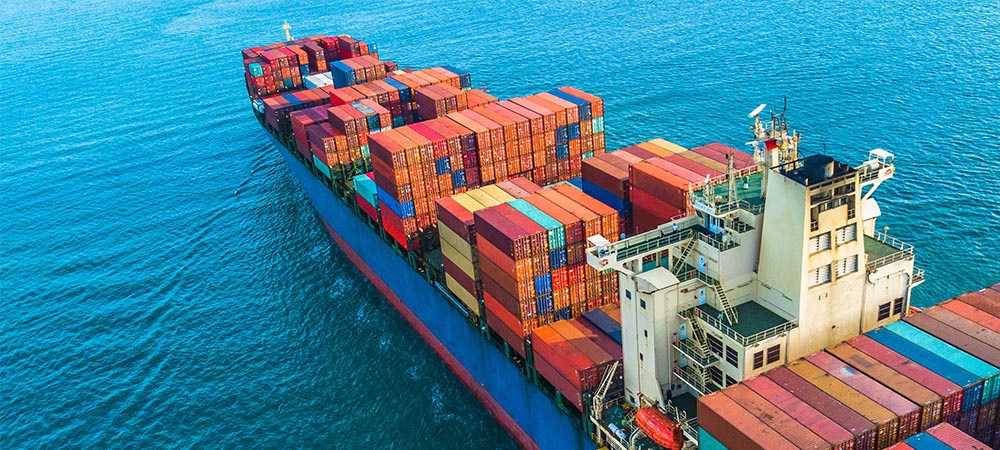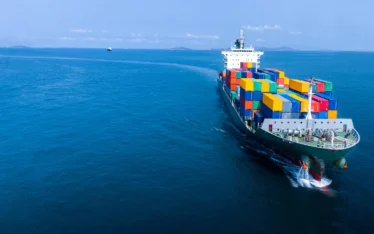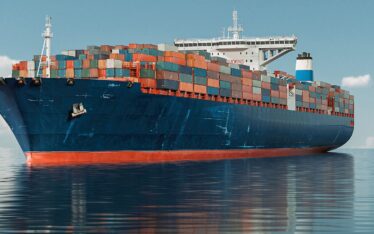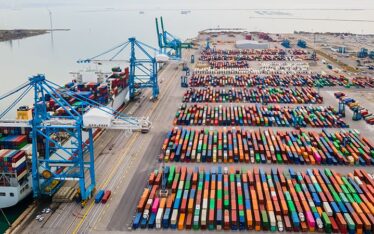Being able to ship goods across the ocean is an integral part of our global economy and one of the best ways for you to expand your business to new audiences. However, ocean shipping comes with a wide range of fees that can be confusing and costly.
First, it is relevant to understand that ocean freight rates describe the rates charged for moving goods across the ocean. However, for total costs of shipping, you will need to look at the ocean freight quote. This quote will include all other relevant fees including pickup charges, warehousing fees, and more.
Understanding these charges is an important part of budgeting for your business and being able to provide reliable, affordable shipping for your customers.
Here we will break down some of the most common charges you will find on your freight quote. Read to the end for tips on lowering ocean freight costs.
Common Freight Quote Charges
It is first important to know that freight quotes are divided into three categories: Pre-Carriage, Carriage, and On-Carriage. Below are the most common charges associated with each phase.
Pre-Carriage
These charges encompass fuel costs, packing charges, customs clearance and all other charges for services that are needed before the cargo is loaded onto a ship.
Wharfage: As the name implies, these are all charges associated with your cargo being on the wharf. This includes loading, unloading, and, when necessary, storage fees for goods.
Clearance for Customs: This is the fee that your customs broker will collect for making customs arrangements on your behalf.
Carriage
Carriage covers all costs associated with moving cargo across the water. These are port to port charges and they include the ocean freight rates. Other charges include:
Fuel Adjustment Factor: This charge is used to pay the shipping line for fuel when prices are above the expected amount. A related fuel charge is the Low Sulfur Surcharge which adds an additional fee for fuel that has a lower amount of emissions.
Bill of Lading Fee: This fee is charged by the shipping line to cover the processing of the BOL – which is a very important document that fully details the items in your shipment.
On-Carriage
On-carriage refers to costs associated with moving cargo from the destination port to its final delivery spot. This is similar to last-mile delivery services though may include some extra fees.
Emergency Bunker Surcharge: Sometimes fuel costs are above what the carrier anticipated. In this case, an EBS is charged to cover the difference.
Equipment Repositioning Surcharge: Want empty containers available to you? This is totally possible when you pay an equipment repositioning surcharge which ensures a carrier will have empty containers for you.
Note: These charges are among the most common. If you have received a quote that contains a charge that is not listed here and you are unsure of, we encourage you to call Ontario Container Transport at (905)-695-1501. We will be happy to assist in answering your freight quote questions.
Tips for Reducing Ocean Freight Costs
Avoid Shipping During Peak Times
Can your shipment wait until after October? Or can you ship it before August? If you can answer yes to either of these questions, you could save on shipping by avoiding peak season.
While individual customers may ship most of their packages during the winter holiday season, businesses start their shipping just beforehand to start meeting this demand. Due to this, there is high demand for space on ships which spikes prices. Avoid shipping during this time of year whenever possible.
Optimize Your Space Usage
No matter the time of year you are shipping or the method you are using to ship, it is always a good idea to optimize your space usage. Ideally, choose the largest container size that your shipment can fill. Whenever you can fill a container on your own, your cost per pound will be lower.
Optimizing space also means avoiding excess packaging. While you should strive to make sure your products are safe, you should also seek to eliminate packaging that adds excessive volume whenever possible.
Pack Your Own Shipment
During the pre-carriage stage a common charge is for packing. If you pack your own shipment into the cargo container, you can avoid this fee.
Check and Double-Check Your Paperwork
Properly filled out paperwork including all necessary customs documentation can make shipping infinitely easier. However, missing paperwork or missing items can also be a sure way to lose several days as your items are held up at customs.
Avoid this by ensuring you have all your paperwork filled out properly including accurate descriptions of all the items inside. This will also help you to make a successful claim should anything be lost or damaged. Ideally, you will work with a customs broker who can help ensure all paperwork is filled out and that all other details run smoothly.
Ship Early
There are several reasons to ship items as early as possible. Along with the benefit of having a major item off your to-do list, shipping cargo early gives you time to correct any mistakes that might be made. For example, if you do have any missing paperwork or documentation, shipping early will give you time to get this information submitted.
Additionally, having extra built-in time will help you avoid the extra costs of expedited shipping. Rush deliveries like this can be one of the most costly additions you can add to your shipping and it is always best to avoid it except in emergencies.
Request a Free Ocean Freight Quote
Ocean freight rates can be complicated but they do not need to be stressful. At Ontario Container Transport we strive to provide hassle-free solutions to all your shipping needs including transparent pricing.
OCT’s network of carriers and logistics experts are here to help make ocean freight shipping for your business as simple and cost-efficient as possible. To request a free ocean freight rate quote, call us at (905)-695-1501 or use our simple quote request form.
